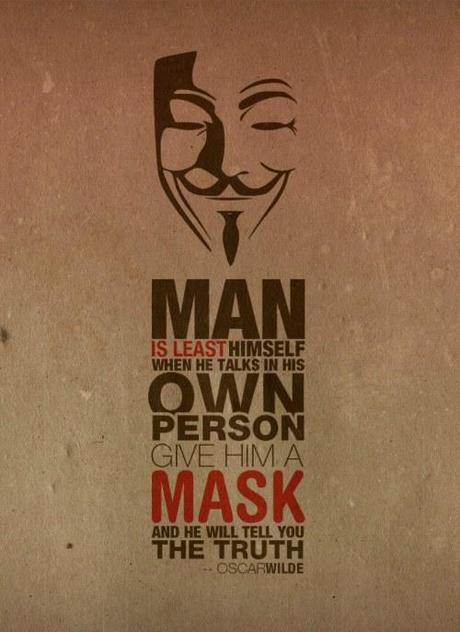
More often than not, when one has a view point that is diametrically opposed to what is considered the norm, one is quite easily referred to as a conspiracy theorist, and this is quite sincerely a case of playing the man instead of the ball, to throw a football metaphor. Facts are hardly refuted but the purveyor of the facts is attacked.
Egypt is descending from frying pan to the fire, and the role of the US in the military coup is increasingly evident, as shown by these New York Times op-ed’s here and here and a piece on Al Jazeera here.
Of course many are just terming these theories to be conspiracy theories in the hope that such a blanket term would absolve them of the responsibility or the bother of having to refute them. Indeed, the term is a very convenient way of shutting one down. Much to my displeasure many people close to me, and those close to them quite generously dish out the phrase ‘conspiracy theory’ when they hear a viewpoint that is rather different to theirs.
So called ‘conspiracy theorists’ usually are vindicated much later when facts come to the surface. There were many who cried foul in 2006/7 when Gmail was gaining popularity, and many wondered how much of a threat Gmail and Google can be to one’s personal security, they were shunned as conspiracy theorists then, only to be later vindicated that the NSA was monitoring social media sites, Google included. There were many who opined that Yasser Arafat, the former leader of the PLO was actually killed in hospital, and that he didn’t die a natural death, this theory is now held in high esteem and investigations are currently ongoing.
Tariq Ramadan, an Oxford academic and grandson of Hasan AlBanna, the founder of Egypt’s Muslim Brotherhood says the following on what entails being called a conspiracy theorist –
In our day, it is not unusual for writer who does not accept the official consensus to be dismissed as a “conspiracy theorist,” for his analysis to be rejected before studying the facts upon which it is based. Are we to conclude that in our globalizing age, with its networks of national security policies and structures and its new means of communication, political scheming, malicious stratagems, manipulation of information and of peoples are a thing of the past? “Conspiracy theorist” is a new insult devised for those who think the wrong thoughts, who don’t fit in; paranoids, people who ascribe occult powers to certain states (the United States, the European countries, Israel, the Arab and African dictatorships, etc.) that they really do not possess. We must forget what we learned about the conspiracies that have left their mark on the history of Latin America and Africa (from the assassination of Salvador Allende to the elimination of Thomas Sankara); we must overlook the lies that led to the invasion of Iraq and to the massacres in Gaza (both presented as legitimate defense); we must say nothing about the West’s alliance with and support for the literalist salafis of the Gulf sheikhdoms; close our eyes to the benefit for Israel of regional instability and of the most recent coup d’État in Egypt. We must remain naïve and credulous if we are not to notice that the United States and Europe on the one hand, and Russia and China on the other, have agreed to disagree on Syria, and that the 170 Syrians who die each day count for nothing against the strategic and economic interests of the Great Powers.
Our obligation is to stick to the facts, to avoid oversimplification. The polar opposite of an over-simplified reading of events is not “conspiracy theorizing” but that of intelligence informed by history, by hard facts and by a detailed analysis of conflicting interests. The interpretation presented here may well be wrong or inexact, but substantial and verifiable evidence has repeatedly confirmed it. From those who have criticized or challenged our analysis, we look forward to a fact-based counter-analysis far from denigrations and facile slogans. When people refuse to call a military coup d’État by its real name, and when most media avert their eyes, the hour for critical conscience has struck.
Of course some theories are absolutely hard to fathom, and may well be conspiracy theories, but when facts substantiate a theory, they most certainly should be given a hearing.
Image from here.
